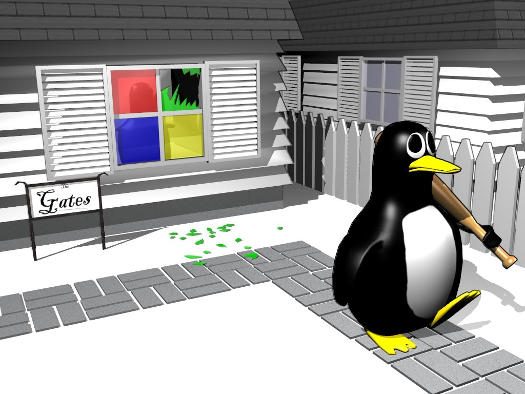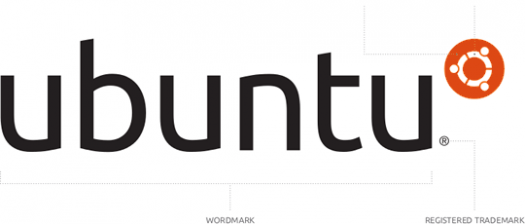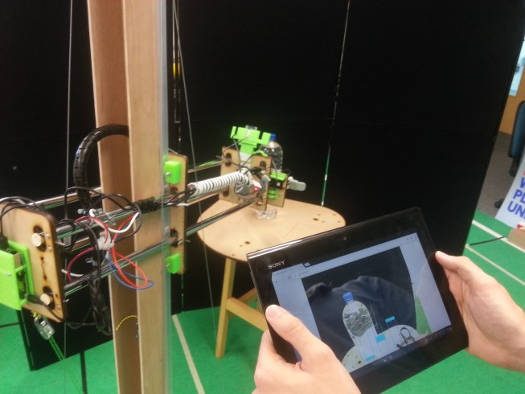Just because open source is winning in the enterprise, that doesn’t mean that the proprietary folks have given up their old tricks.

Roblimo’s Hideaway
Do you think the operating system and software on your little laptop is important? It is to you, but when it comes to big business, what’s going on in the cloud is what counts, even though it’s invisible to most people.
Robin “Roblimo” Miller is a freelance writer and former editor-in-chief at Open Source Technology Group, the company that owned SourceForge, freshmeat, Linux.com, NewsForge, ThinkGeek and Slashdot, and until recently served as a video editor at Slashdot. Now he’s mostly retired, but still works part-time as an editorial consultant for Grid Dynamics, and (obviously) writes for FOSS Force.













